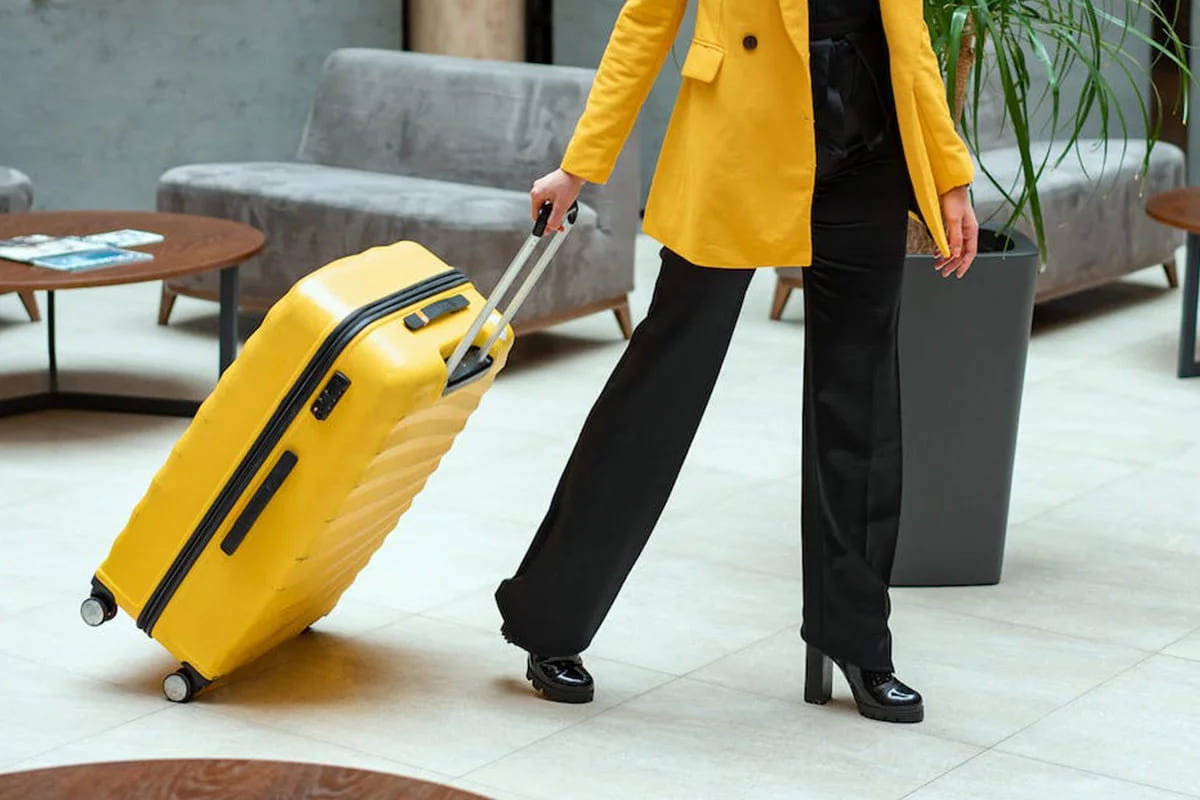Customs regulations in Spain, or how to move to Spain safely

- To enter Spain, visitors must have a valid passport or identity card.
- Visitors are entitled to bring certain quantities of selected goods and merchandise into Spain with them for free. Among these are cigarettes, alcohol (with quantities up to the standards for free adult acquisitions), perfume, among others.
- The Spanish Customs Union inspects food deliveries extremely strictly, especially meat, chocolate, eggs, beef, mutton, etc.
- It is not allowed to transport weapons or their parts, explosives, drugs.
- Foreigners can register their cars, tractors, quads and other vehicles in Spain, but note that they will have to take out the appropriate insurance and obtain a registration number if necessary.
- Regardless of the purpose of arrival in Spain, the import and export of counterfeit, fake or uninsured goods and merchandise is prohibited for the duration of the border crossing. The most common goods particularly guarded by the relevant services are antiques, gold, expensive materials and chemical components.
Documents needed when moving to Spain
If visitors are from Member States of the European Union or countries belonging to the European Free Trade Agreement (EFTA), they can enter Spain with an identity card or an EU permanent residence card.
The rest of the foreigners must have a visa to enter Spain. Visas must be obtained from the Spanish embassy in the country concerned.
Visitors from certain countries are issued with a special identification number at the border instead of a visa. The main sources of income to be cited when applying for a visa are: income from work, income from savings, direct financial contributions, family benefits, etc. Visitors will also document the travel insurance that is required.
What can visitors bring to Spain when moving?
Visitors may also bring other products up to €150. These include other goods, including food (such as sweets, fruit, etc.), small amounts of coins, reusable items (e.g. clothing, footwear, jewellery), etc.
In terms of financial assets, visitors are entitled to bring into Spain a total of up to EUR 15,000.
In addition, visitors are entitled to bring with them to Spain evidence showing periods of residence abroad for the purpose of obtaining tax exemption, including bills in their name, bank receipts, bank statements, evidence of assets held, etc.
In addition, it is important to bear in mind that the rules on the carriage of controlled products may vary from region to region. Before crossing the border or the airport, it is important to familiarise yourself with the local regulations to ensure that you are transporting the permitted products and items correctly.
Vehicle registration after moving to Spain
In order to register a vehicle, foreigners will need to complete all the required steps in Spain, i.e. choosing the right institution, presenting the necessary documents and paying the required fees. However, when it comes to other types of vehicles, such as autonomous vehicles, foreigners will need to obtain additional authorisation from the Spanish Ministry of Development in order to use them legally.
Strict controls when transporting goods to Spain
Customs officers must ensure that the items are handled in accordance with the relevant safety regulations, in line with hygiene requirements and appropriate storage periods. To do this, the Spanish Customs Union ensures that all food products delivered to Spain meet certain quality and safety rules. To achieve this, customs officers carry out several quality checks, including tests and evaluations. When these are satisfactory, the product is allowed to enter the market, otherwise it is refused. The Spanish Customs Union also has controls to prevent food smuggling, as smugglers often try to bring products into Spain that do not meet safety standards. It also uses new technological systems to detect unfair or illegal activity caused by food smuggling.
Prohibitions on the importation of unauthorised goods into Spain
Another regulation that applies when crossing the border into Spain is the introduction of a ban on the importation of gambling, gambling equipment, weapons and ammunition, as well as drugs or tools for crime. All these items will be confiscated and the person who brings them may be fined or arrested. The importation of goods without the appropriate permit is prohibited and any doubts in this regard should contact the relevant customs office for information.
